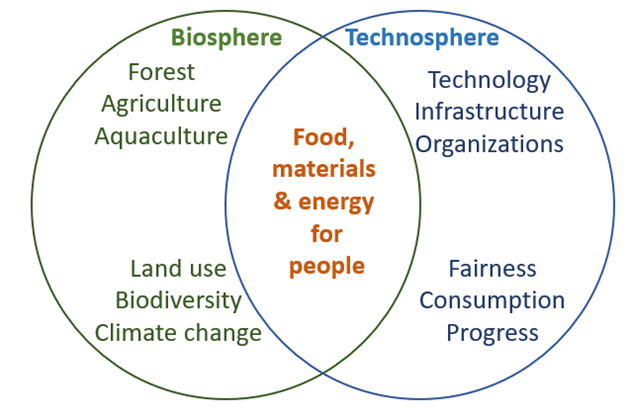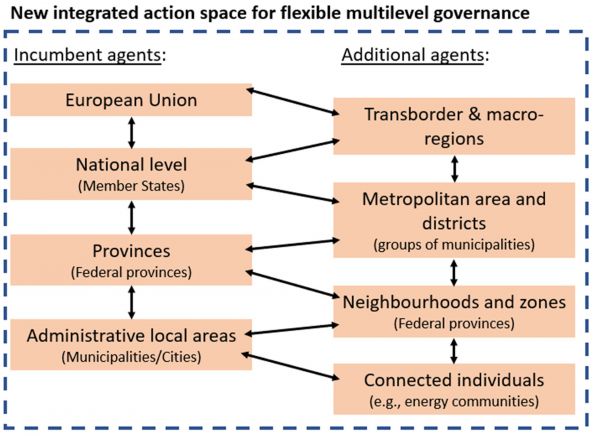IEA Bioenergy Task 40: Deployment of Biobased Value-Chains (Working Period 2019 - 2021)
Short Description
The International Energy Agency (IEA) Bioenergy Technology Collaboration Programme (TCP) is an inter-, transdisciplinary and international network. Research institutions, industry partners and policy makers use this platform to pursue a common mission: the development and sustainable use of biobased technologies as a contribution to solving the core challenges of society.
Since 2008, the Austrian Ministry for Climate Protection, Environment, Energy, Mobility, Innovation and Technology (BMK) has seconded the Vienna University of Technology (TU) to the IEA Bioenergy TCP Task 40. In the first 10 years, this task focused on supply chains and international trade of bioenergy sources for use in electricity production, space heating and mobility. Starting in 2018, the systems view was expanded, also to better meet Austrian requirements. The supply chain focus was maintained, but under a broader premise: Establishing bio-based value chains for a sustainable and fair bioeconomy.
Efficient, economically feasible, and technology-enabled value chains thus remain the focus. However, supply chains no longer have the sole mandate of substituting fossil fuels. Rather, the new Task 40 addresses the challenge of supporting an efficient and stable (resilient) coupling between the provision of nutrients, materials and energy (see figure).
In the Task period 2019-2021, numerous, partly unforeseeable circumstances led to the fact that the vision and strategy development of the Austrian delegation, of Task 40 and thus also indirectly of the IEA Bioenergy TCP were in the foreground. Nevertheless, the cooperation could again lead to numerous scientific publications.
In addition, the current strategic direction of the network could be refined based on the knowledge and network collaboration gained during the reporting period. The long-term vision now includes sustainably coupling the biosphere and techno-sphere and intelligently using the resulting flexibility. Resources can be shifted in time and space to increase the efficiency of the system as well as its stability. With this consideration and possibly matching algorithms, a new approach to decision making under the influence of complex systems, risks and deep uncertainty can possibly be found.
Project Images
Terms of use: The pictures listed underneath the header “Project Pictures” originate from the projects in the frame of the programmes City of Tomorrow, Building of Tomorrow and the IEA Research Cooperation. They may be used credited for non-commercial purposes under the Creative Commons License Attribution-NonCommercial (CC BY-NC).
Publications
Publications are available on the Website of Bioenergy Task 40.
Participants
Austria, Belgium, Denmark, European Commission, Japan, Germany, Netherlands, Sweden, Unitied States of America
Contact Address
Technische Universität Wien
Institut für Verfahrenstechnik, Umwelttechnik und Technische Biowissenschaften
Fabian Schipfer
E-Mail: fabian.schipfer@tuwien.ac.at
Gusshausstr. 25-29/370-3
A-1040 Wien
AEE INTEC- Institut für Nachhaltige Technologien
Bettina Muster und Judith Buchmaier
E-Mail: j.buchmaier@aee.at, b.muster@aee.at
Wild und Partner KG
Michael Wild
E-Mail: michael@wild.or.at


